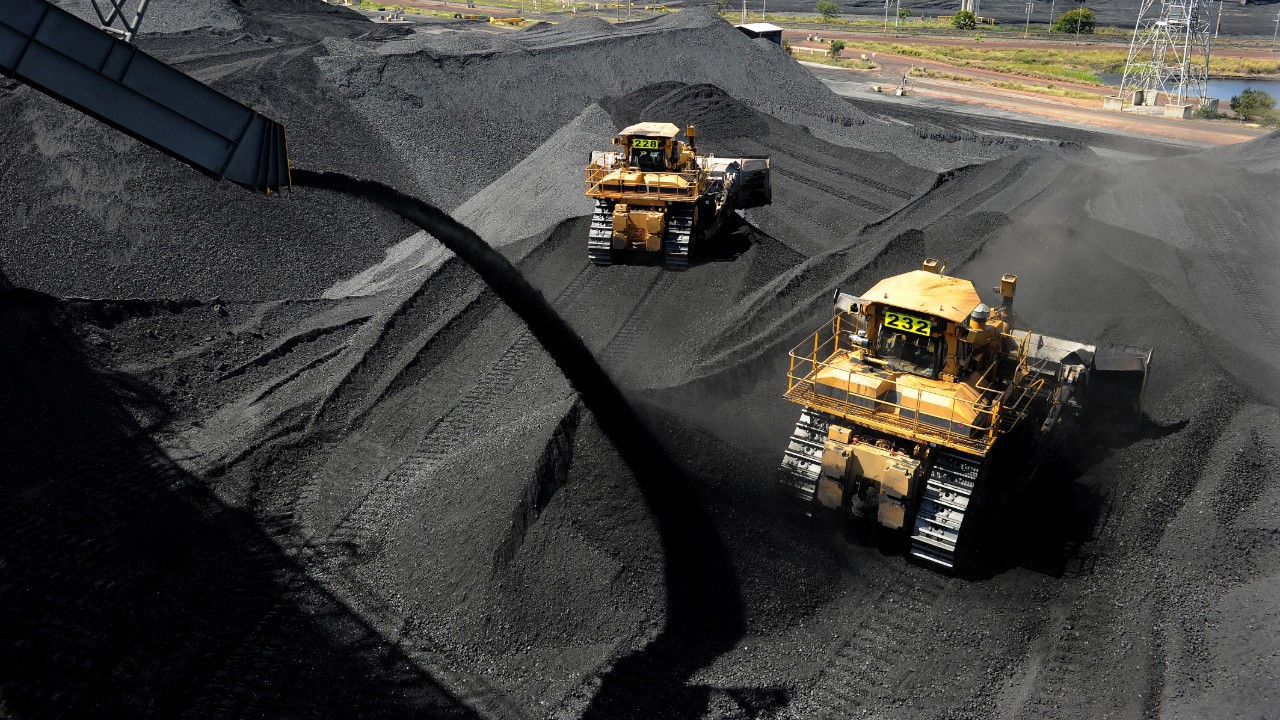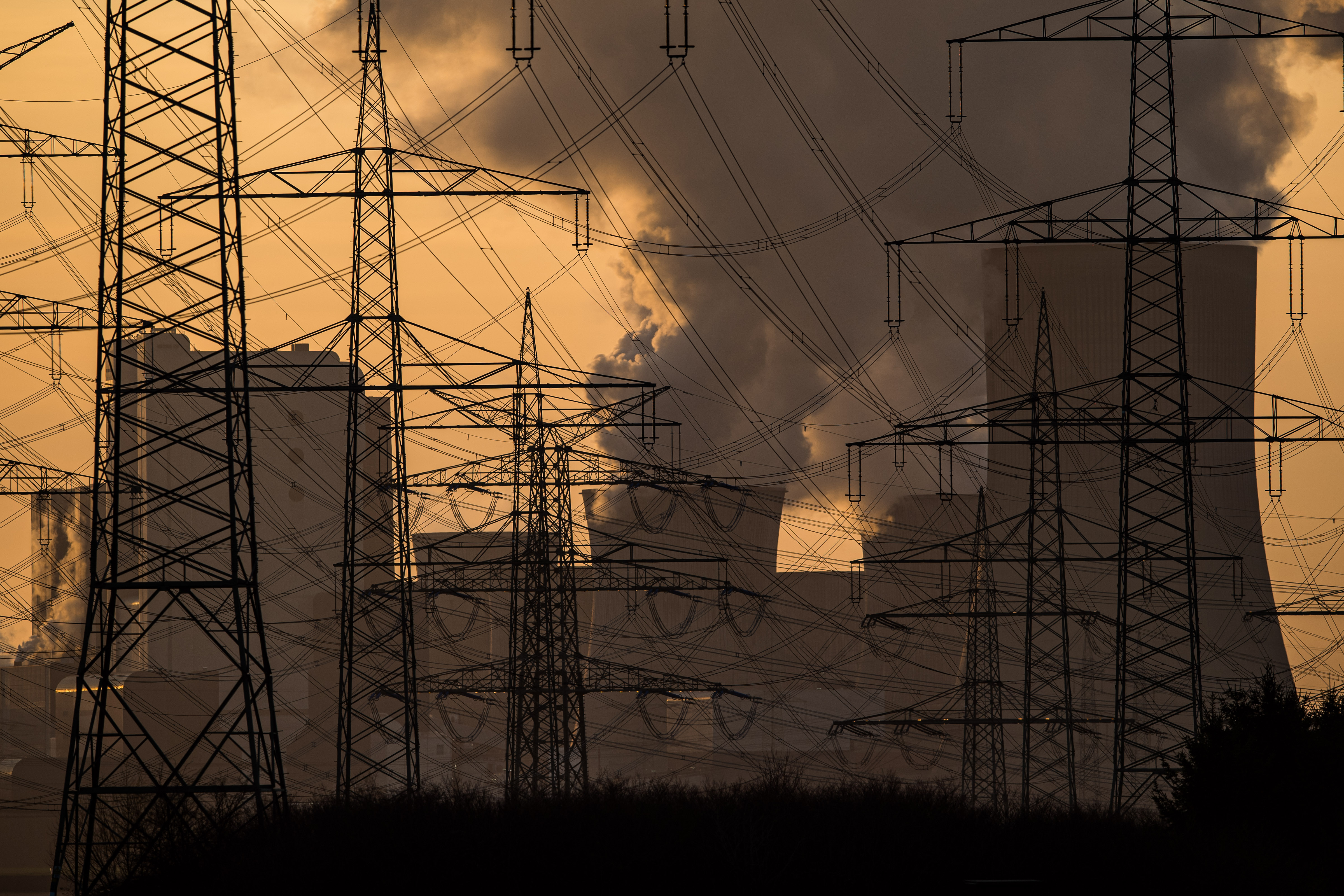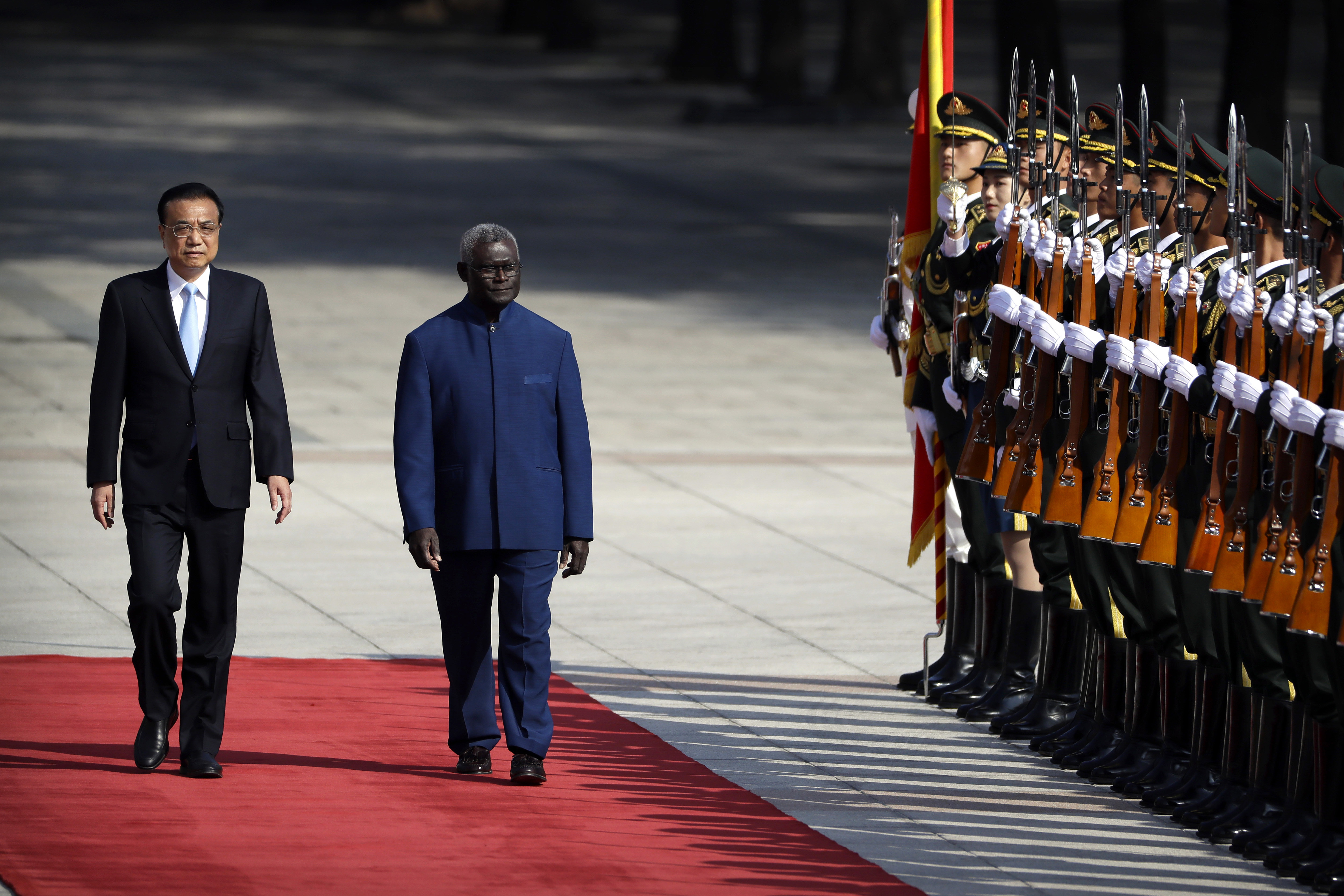As China works to cut energy exports and tap into it's own coal reserves, demand for Australian exports will take another blow.
Analysis from experts at Australian National University found demand for overseas thermal and metallurgical coal will fall by at least 26 per cent between 2019 and 2025.
Should China deliver on its commitment to reach zero net emissions by 2060 then those imports could fall to 45 per cent between this period.
READ MORE: Ukraine commander's desperate message to world
"Our findings are clear; Beijing's plans for rapid decarbonisation and energy security signal the end for Australia's current coal export boon," lead author of the study Dr Jorrit Gosens said
"And this isn't going to happen far off into the future; it is imminent.
"When it comes to coking coal imports, Australia is the country that stands to lose the most. Australia's coking coal exports to China are expected to fall to between 20 and 22 megaton, down from close to 30 megaton in 2019."
China initiated a ban on imports of Australian coal in October 2020 and over the years has invested in infrastructure — such as rail line capacity between coal fields — to reduce dependency on foreign energy.
However, before this ban Australia exported 38.6 million tonnes of thermal coal and 31.6 million tonnes of metallurgical coal to the superpower.
READ MORE: What countries produce the most greenhouse gas emissions?
Study co-author Professor Frank Jotzo said the changes will have long-lasting impacts on the Australian economy.
"Our findings should be of high concern to the coal industry and to Australian governments. Coal will be on the way down," he said.
"We need to foster alternative economic futures. Australia's resource and energy industries have every opportunity to prosper in a low-emissions world
"Our findings illustrate how energy security concerns, a fracturing global security and trade landscape, combined with climate action are putting the squeeze on coal – not in the distant future but imminently."
The findings come amid increasing tensions between Australia and the superpower.
READ MORE: WA family's close encounter with a great white shark
China and the Solomon Islands this week signed-off on a controversial security pact, putting the Australian, US and New Zealand governments on-edge.
It allows China to send police and military personnel to the Solomon Islands "to assist in maintaining social order," and will allow warships to stop there for "logical replenishment."
The situation is putting pressure on the election campaign and was the subject of a clash between Prime Minister Scott Morrison and Opposition Leader Anthony Albanese over security and defence in Australia at last night's leader debate.
Both the Coalition and the Opposition are "pro-coal".
Source: 9News





